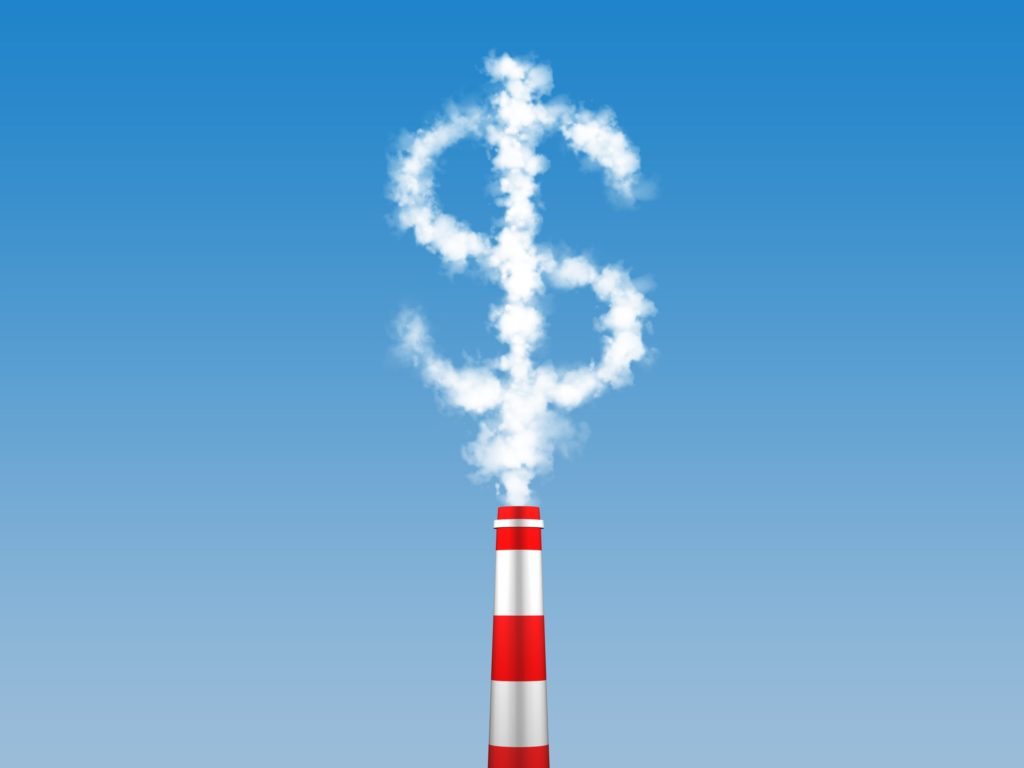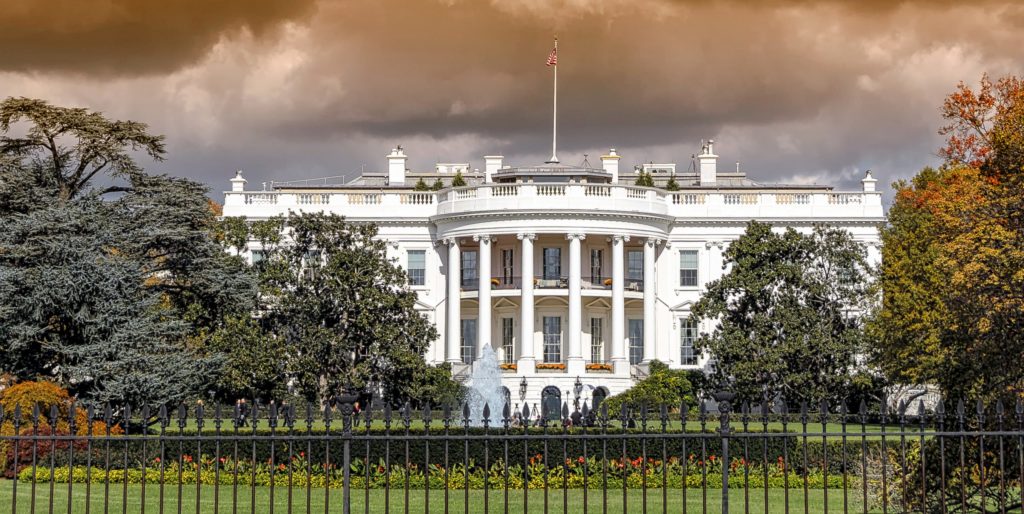Low-Energy Fridays: Retroactive Carbon Tax or Politician-Imposed Punishment?
Vermont has recently become the first state to implement a “Climate Superfund.” It plans to tax fossil fuel companies based on their historical production from 1995 to 2024 to fund adaptation and climate mitigation efforts. In principle, this makes some sense. There are taxes on oil to pay for oil spills in the form of the Oil Spill Liability Trust Fund, for example. But when we realize that the causality chains between the actions of a company decades ago to a present-day natural disaster become increasingly tenuous over time, the Climate Superfund looks more like political gamesmanship than rational policy.
While I expect most Low-Energy Fridays readers to be aware of the link between greenhouse gas emissions from fossil fuels and the exacerbation of many natural disasters, it is more complex to assign responsibility for the outcomes of climate change, particularly in legal and policy settings. Even though we can often say climate change makes natural disasters worse, it is not always clear how much worse, and as such, how much additional monetizable harm is caused by that intensity.
Hurricane Sandy was one of the most economically damaging storms to hit the United States at $88.5 billion, but it was a Category 1 storm. Meanwhile, Category 3 Hurricane Idalia last year caused only $3.6 billion. Many factors affect the harms from natural disasters, especially the preparedness of the affected population, and the value of the impacted property. Sure, someone can say a storm was worse because of climate change. But is it the fault of someone pumping gas in 2001 that the Puerto Rico Electric Power Authority wasn’t able to overcome its history of corruption to restore power after Hurricane Maria? Perhaps in part, but certainly not entirely.
This gets to the core issue of who is ultimately responsible. It is commonly said that “Just 100 companies [are] responsible for 71% of global emissions.” But the problem with this claim is that these companies aren’t emitting for fun, they are selling products, mostly energy, and their customers do the emitting. When I drive, I don’t mutter under my breath, “That dastardly Exxon Mobil is forcing me to drive my car!” Instead, I acknowledge that I am engaging in a polluting activity, but I weigh the negative against the positive value of what I am trying to accomplish. It may be comforting to think that climate change is caused by someone else, or a corporation that hoodwinked us, but climate change is caused by everyone, admittedly with varying degrees of contribution (I’m told Taylor Swift enjoys flying), but that’s what makes it a collective action problem.
Now as interesting as the baselessness of the Vermont Legislature’s moral grounds are, they ultimately don’t matter, because the new law is fundamentally a form of tax, and the authority of the government to impose taxes isn’t contingent upon moral correctness. Regardless of what one thinks about climate superfunds, the more prescient question is “Is this good policy?” Ultimately, oil corporations aren’t going to pay the tax. Yes, the check will come from the corporation, but a corporation is not a person and a human pays the tax at the end of the day—a phenomenon called “tax incidence.” Generally, taxes on corporations fall on workers and customers, and to a lesser extent on corporate investors. The effect of Vermont’s policies will incur a new cost on the taxed entity, and to the extent possible it will pass that cost onto its customers, or workers will forgo future earnings, which has a negative effect on the economy.
The negative effect of the tax can be offset by economically improving policies that utilize the funds, classically by lowering other taxes for a “revenue neutral” reform. But that is not what Vermont is proposing; instead, it seeks to accrue funds that it will use for disaster preparedness and climate adaptation. Investment in those activities can yield high rates of return, but that return comes in the form of less natural disaster damage, and there are also diminishing returns (once adapted, there is less benefit from further adaptation). And given the myriad ways to reckon both the climate damage estimates and adaptation fund needs, it’s not likely the Vermont state government will land on an economically optimal balance of the two.
The more problematic issue with Vermont’s new policy is what is sometimes called a chilling effect. Basically, the Vermont Legislature has indicated to oil companies that it plans to tax them not on their future activities or business they conduct in the state, but for past actions. Companies that fear similar taxes levied (chemicals, plastics, etc.) on them may opt not to take the risk of doing business in Vermont or undertake other practices to avoid liabilities—like inversions. Granted that may be appealing to some Vermonters, but others may not be keen on the higher costs they face as a result. The Vermont approach may sound nice politically, but isn’t optimal policy. If we want to abate emissions via taxes, it’s better to have a revenue-neutral carbon tax rather than a vague, punitive, retroactive tax. If we want to fund adaptation to reduce future natural disaster damage, those efforts are best funded via the least damaging taxes rather than a superfund. But given that multiple states seek to follow in Vermont’s shoes, it will be interesting to see how this plays out economically (and in the inevitable lawsuits).









